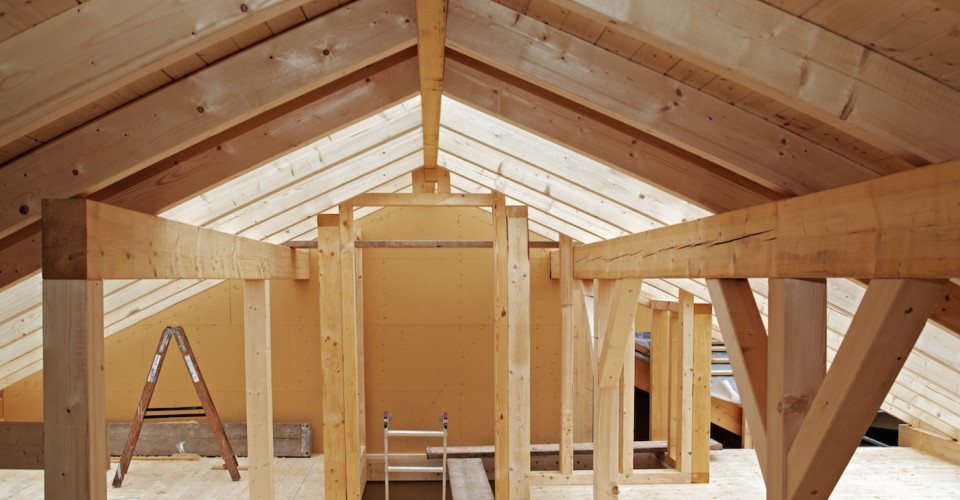A post-remodeling home inspection is an important part of smart home ownership. This is especially true if you’ve recently undergone a major addition or remodel. Wether you’ve hired a professional to do the work or not, having the work checked throughout the project is ideal. Let’s take a look at the pros and cons of this home inspection process.
What is a home inspector looking for?
When you remodel or add on to your home, you are most likely re-routing electrical and plumbing, moving walls, adding foundation or changing the structure of the home. Even when using a professional and having the appropriate permits filed, having an inspector “pass” or “fail” the work in various stages is a smart thing to do. For example, if electrical was added to a new room, an inspector will check the electrical work before the walls go up. The inspector will either approve the electrical work or not. Keep in mind that what the home inspector is looking for is checking to ensure the work has been done up to code. They will not assess if the builder or contractor is doing a good job or not.
Passing and failing the inspection
What happens if the work fails the inspection process? Quite simply, the contractor will need to re-do the work. Again, the inspector will be assessing if the work was done up to code. If you plan on having the stages of your renovation checked by a home inspector, then your contract with your contractor should include details regarding a pass/fail report. Most contractors will agree to stand by their work, and should therefore fix issues without additional charges. If you have obtained financing for this project from the bank, the bank may require a home inspector to approve the work. Have a full understanding of this process from your lender prior to starting the project.
When should the inspector be called?
If your home improvement is a large renovation, the work back schedule and contract should include home inspection intervals. A qualified builder or contractor will be familiar with this process. In general, the inspection should occur after major steps are completed, like electrical work.
Inspection takes time
Of course, waiting to have each stage checked by a home inspector can add to the overall schedule. The ideal work back schedule, drawn up prior to construction, will include each inspection stage. So if you had already planned for regular inspection intervals your schedule should not be thrown off.
Hire the best inspector
Not every state requires licensing for home inspectors, so be sure you choose the right one for your work. Experience is everything and you’ll want to work with an inspector who has a lot of remodeling inspections under their belt.




